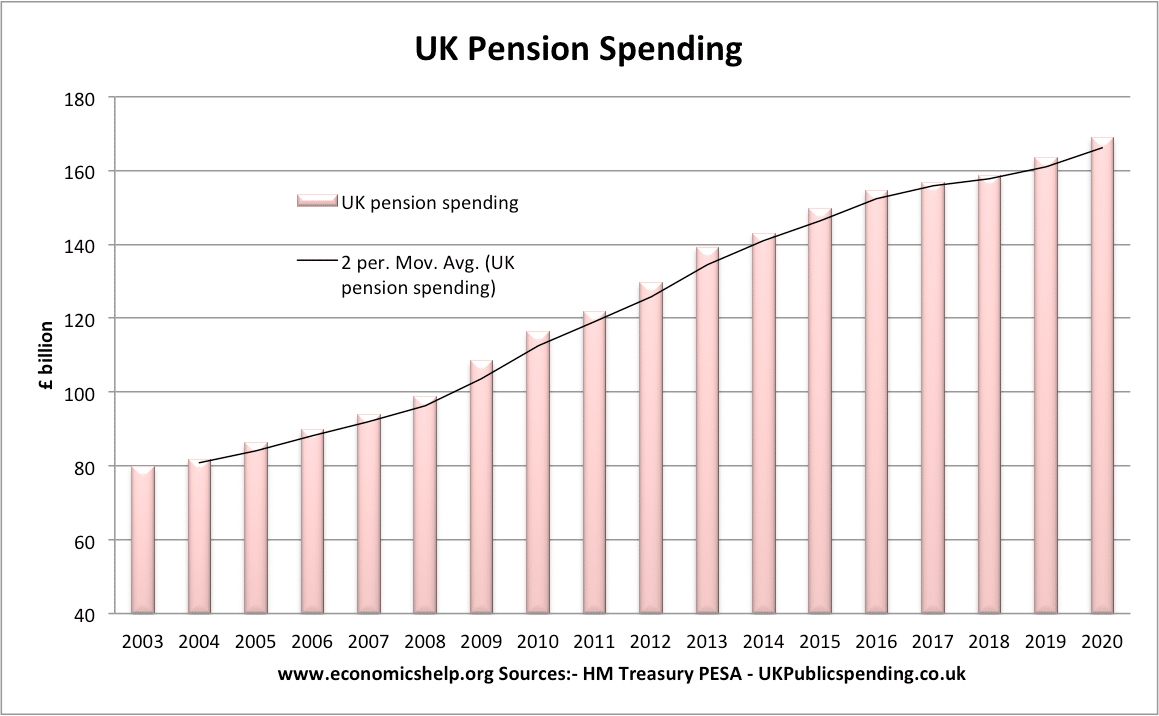Readers Question: I was just wondering what recapitalisation of the banks actually involves?
Recapitalisation involves a major change in the way a bank is funded. This could come about through issuing new shares or loan from a government. Essentially recapitalisation involves providing the bank with new capital, e.g. the government agree to buy new shares. This improves the banks’ bank balance and prevents them from going bust.
(capital means liquid funds such as share capital or loans)
Why has Recapitalisation of the Banks Occurred?
Since the credit crunch, the banks have lost money. This means that their liabilities are greater than their assets. Therefore they technically owe more to other people than assets they own. Banks lost money because:
- People defaulted on loans and mortgages
- Banks lent money (bought CDOs) to sub-prime mortgage companies in America who lost money.
- Falling house prices mean that banks assets decline further and if they repossess homes it’s harder to get the value of the original loan back.
- The recession led to more defaults and losses.
Fall in Inter-Bank Lending
Before the credit crunch, many banks relied on interbank loans to improve their balance sheets. For example, a bank would lend a long-term 30-year mortgage and finance this loan by borrowing on short-term money markets.
However, the credit crunch meant that banks were no longer willing to lend to each other. This means that they had a shortfall in their balance sheets and were left with losses. If consumers asked to withdraw all their savings, then the bank would not be able to meet the demand to withdraw deposits. Therefore, this created the need for recapitalisation – so that banks had enough money to pay back depositors who have savings in their bank.

